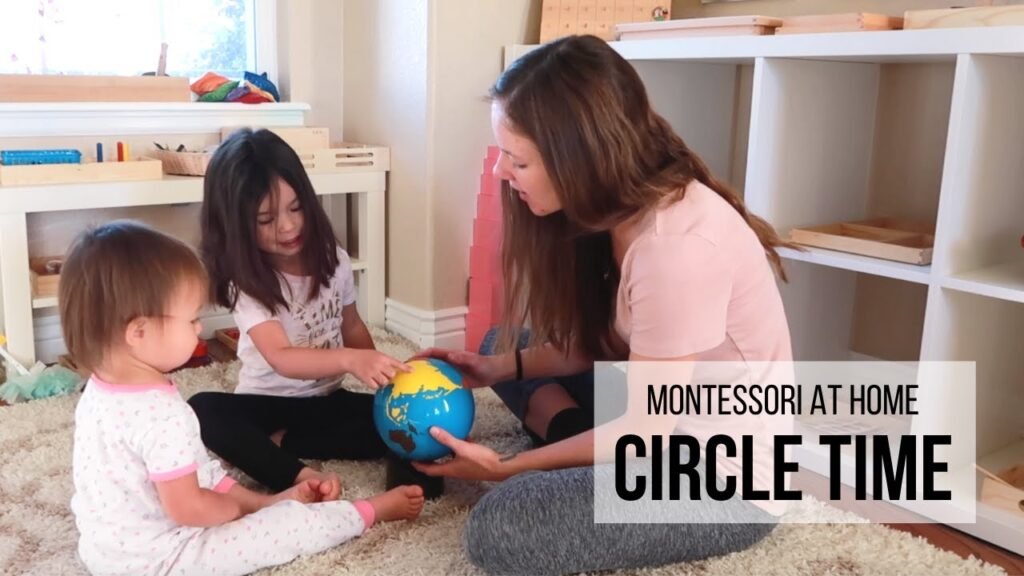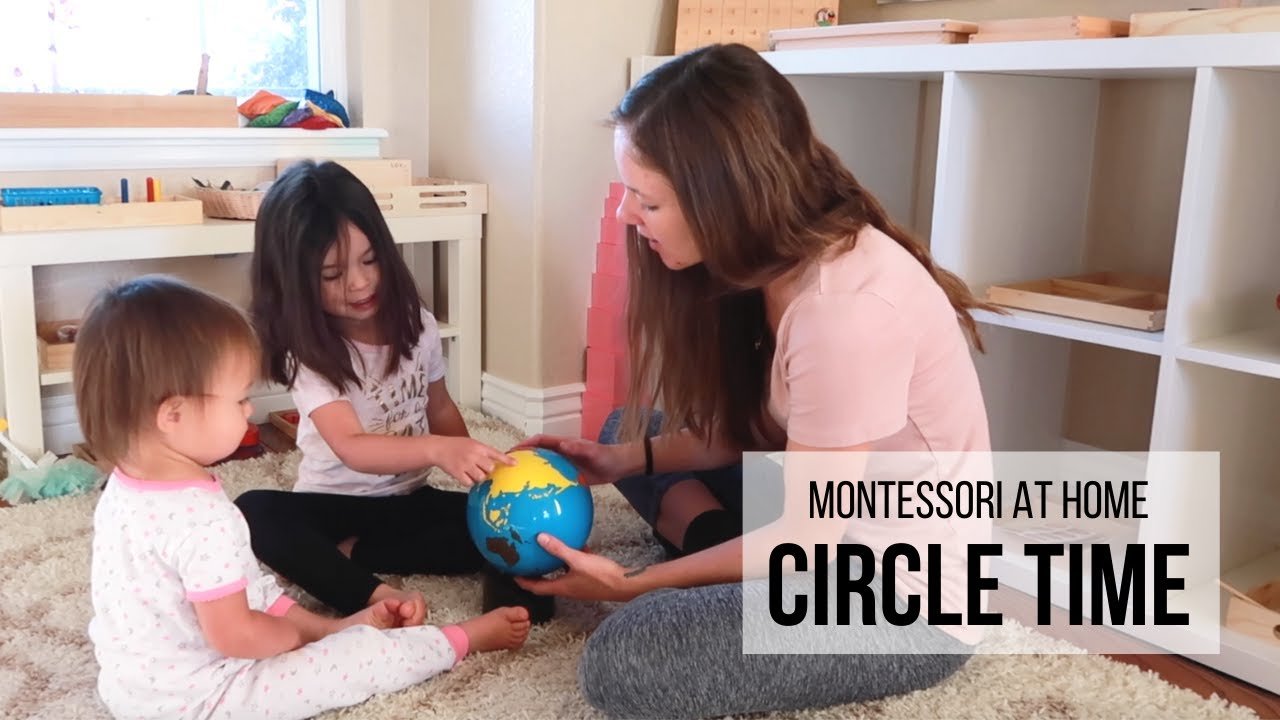Hello! Have you ever considered incorporating circle time into your daily routine at home? In the world of Montessori homeschooling, circle time is a common practice that can provide structure, routine, and a sense of community for children. From welcome songs to calendar time to sharing and role-playing activities, circle time offers a variety of engaging experiences for kids to participate in.
If you’re a busy parent looking to create a rhythm in your child’s day, circle time might be just the thing you need. Whether you choose to implement it at the beginning, middle, or end of the day, structuring circle time can help children anticipate activities and thrive on routine. So why not give it a try and see the benefits of incorporating circle time into your daily homeschooling routine?
Benefits of Incorporating Circle Time into Daily Routine

Promotes a Sense of Community and Belonging
When you implement circle time into your daily routine, you create a sense of community and belonging for your child. Gathered together in a circle, children feel connected and included. This fosters a feeling of togetherness and unity, essential for developing social skills and empathy. Your child will learn the importance of working together and supporting one another, laying the foundation for positive relationships in the future.
Encourages Social and Emotional Development
Circle time provides an opportunity for children to express themselves, share their thoughts, and interact with others. This encourages social and emotional development as they learn to handle their emotions, communicate effectively, and develop empathy towards others. Through group activities, children learn to cooperate, take turns, and solve problems together, all essential skills for navigating social interactions later in life.
Enhances Communication Skills
Participating in circle time activities such as sharing stories, taking turns speaking, or engaging in group discussions, fosters communication skills in children. They learn to articulate their thoughts, listen actively to others, and express themselves confidently. These skills are crucial for effective communication in both personal and professional settings, setting your child up for success in the future.
Fosters a Love for Learning
Circle time creates a positive and engaging learning environment for children. Through songs, stories, and interactive activities, your child develops a curiosity and excitement for learning. By associating learning with fun and enjoyment, children are more likely to develop a lifelong love for exploring new ideas, gaining knowledge, and discovering the world around them.
Improves Focus and Concentration
The structured nature of circle time helps children develop focus and concentration skills. By following a routine and actively participating in group activities, children learn to pay attention, stay engaged, and follow instructions. This improves their ability to concentrate on tasks, absorb information, and complete activities, essential for academic success and overall cognitive development.
Develops Decision-Making and Problem-Solving Skills
Engaging in circle time activities that involve group discussions, role-playing, and problem-solving challenges, helps children develop decision-making and critical thinking skills. They learn to analyze situations, consider different perspectives, and make informed choices. By working collaboratively with peers to solve problems, children enhance their problem-solving abilities and develop a sense of autonomy and independence.
Builds Confidence and Self-esteem
Participating in circle time and sharing their thoughts, ideas, and experiences in a group setting, helps children build confidence and self-esteem. As they receive positive feedback, encouragement, and support from their peers and teachers, children develop a sense of self-worth and self-assurance. This confidence boosts their willingness to engage in new activities, take on challenges, and express themselves authentically.
Creates Predictability and Stability for Children
The predictability and structure of circle time provide children with a sense of stability and routine in their daily lives. Knowing what to expect during circle time, such as specific activities, songs, or rituals, helps children feel secure and comfortable. This predictability is essential for reducing anxiety, creating a safe environment for learning and exploration, and promoting overall well-being.
Strengthens Family Bonding
Incorporating circle time into your daily routine can also strengthen family bonding. By involving parents, siblings, or other family members in circle time activities, you create shared experiences and opportunities for connection. Your child learns to value family time, build closer relationships, and create lasting memories together. This strengthens the family unit and fosters a supportive and loving environment for your child to thrive.
Instills Discipline and Time Management Skills
The structured nature of circle time teaches children discipline and time management skills. By following a routine, respecting rules, and engaging in activities within a set timeframe, children learn the importance of organization, responsibility, and respect for others. These skills are essential for academic success, personal growth, and developing a strong work ethic from a young age.
Incorporating circle time into your daily routine offers a multitude of benefits for your child’s social, emotional, and cognitive development. By promoting a sense of community, enhancing communication skills, fostering a love for learning, and building confidence, circle time lays the foundation for a lifetime of positive habits and skills. Embrace the power of circle time in your child’s daily life and watch them grow into resilient, empathetic, and successful individuals.

